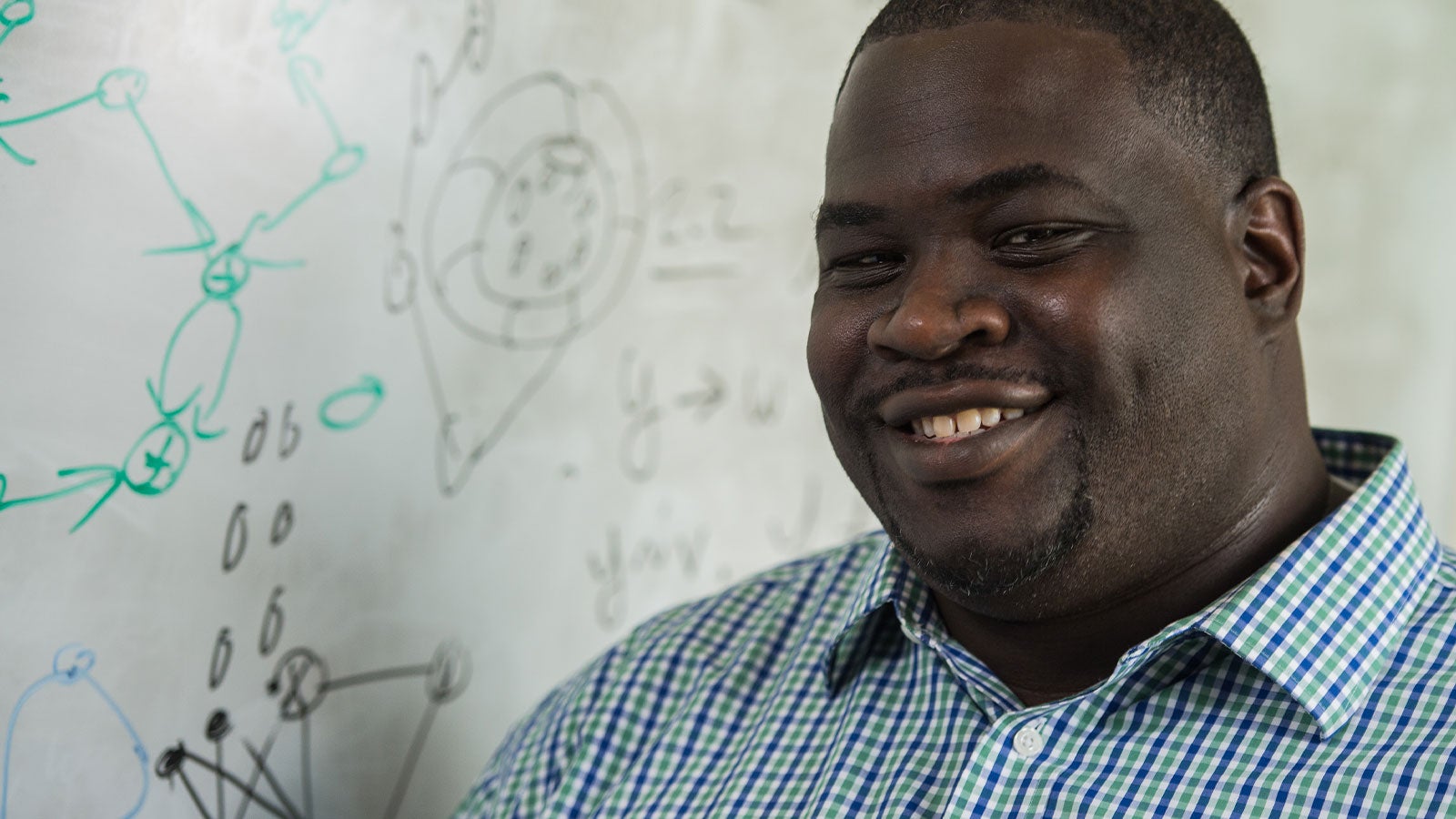Beginning in the fall, Rice students will be able to minor in operations research (OR), a mathematical discipline emphasizing models for decision-making in complex systems, or earn a B.A. or B.S. in the subject.
“Students with training in OR are in high demand. The U.S. Bureau of Labor Statistics forecasts a 23-percent growth in demand for such majors from between 2021 and 2031,”said Illya Hicks, Trustee Professor and department chair of computational applied mathematics and operations research (CMOR).
In March, the Rice Faculty Senate approved the creation of the new B.A. in OR major and the minor in OR. The B.A., Hicks said, is aimed at students who plan to apply OR models in industry or the public sector after graduation. Students interested in a Ph.D., or seeking a deeper understanding of the methods behind the decision models, can pursue a B.S. in operations research.
“At many of Rice’s peer institutions, OR is already a mainstay of the undergraduate engineering curriculum. The tools developed by the OR community are applied in many contexts. Integer programming models are used daily by package delivery companies, airlines, telecommunication providers and cancer treatment centers,” said Andrew Schaefer, Noah Harding Chair and Professor of CMOR.
Schaefer noted that OR as a discipline has matured to the point that it has developed sophisticated commercial software to solve models. Most OR professionals without a Ph.D. are not expected to extend these software tools, but rather to apply them in novel contexts. This is the industry demand that graduates with a B.A. are intended to fill.
“We expect the minor to attract students from other majors such as computer science, economics, electrical engineering, mathematics and statistics,” Hicks said.
The minor in OR will introduce students to the mathematical modeling of complex decisions in industry and other settings. Graduates will be proficient in building mathematical models of complex decision problems and interpreting their solutions.

